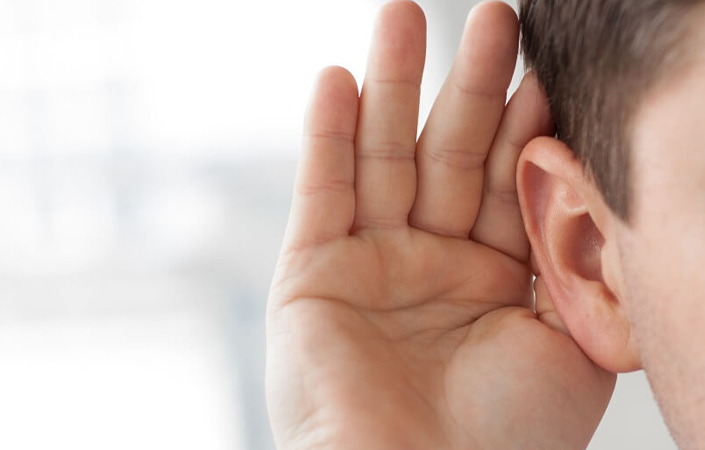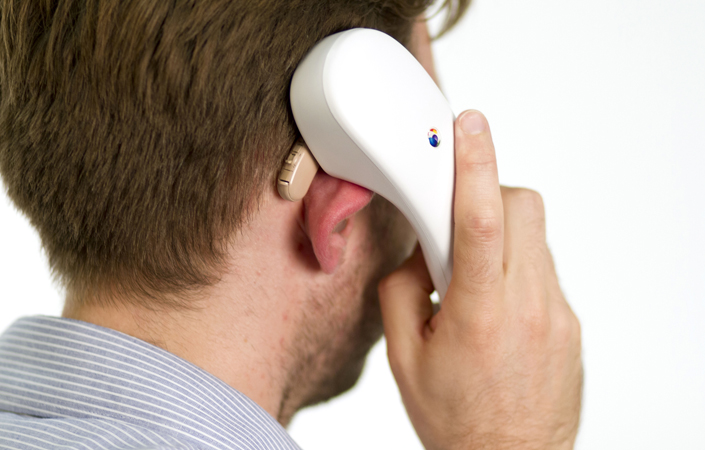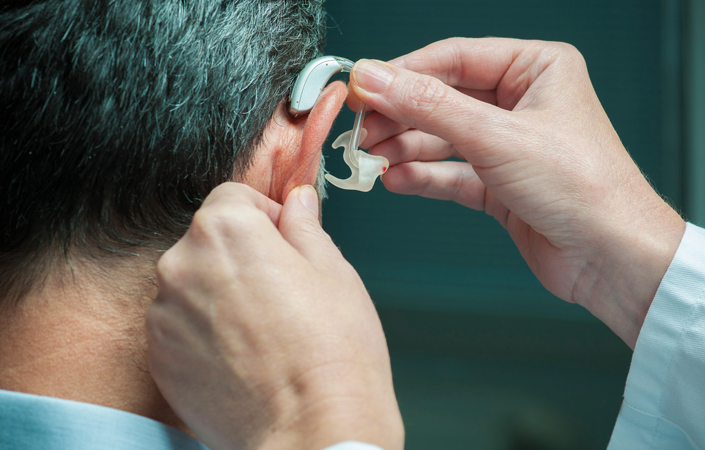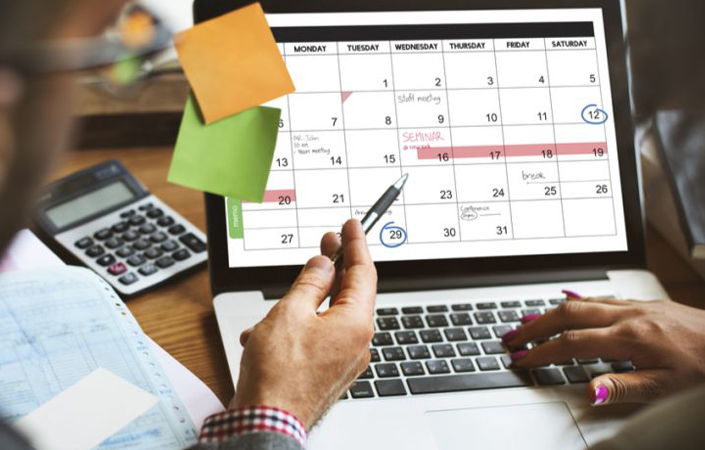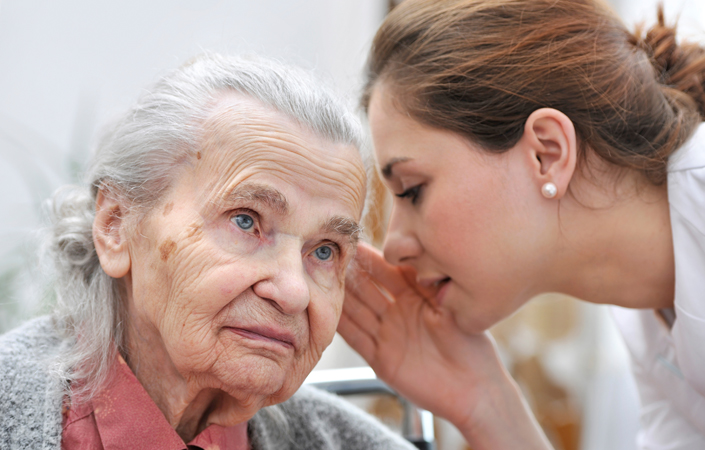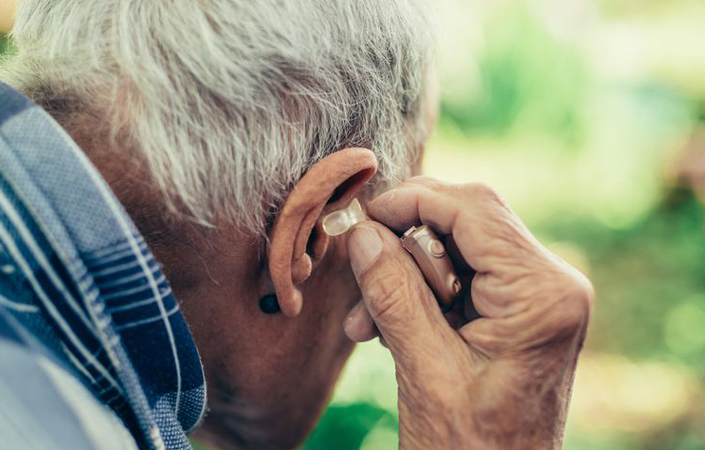
Hearing loss and falls
Hearing loss and falls
As people get older the chance of experiencing a fall increases; it is common for these falls to result in fractures or injuries. In Australia in 2009-2010 the number of people over the age of 65 admitted to hospital for a fall was over 83,000. The average stay in hospital for these people was over 2 weeks. Falls are the cause of a substantial number of injury-related deaths in Australia, more numerous now than transport crash fatalities and just behind skin cancer.
Risk factors for falls include:
Age
Gender
Some medications
Some medical conditions e.g. Parkinson's Disease, vision problems
Sedentary behaviour
Psychological status - fear of falling
Nutritional deficiencies
Impaired cognition
Foot problems
Reduce your risk of falling
Here are some ways you can reduce your risk of falling:
1, Exercise regularly, especially do exercises that improve balance and coordination.
2. Review your medicines with your healthcare provider - some medicines can make you sleepy or dizzy.
3. Have your vision checked at least once a year; poor vision can increase your risk.
4. Have your hearing tested annually, and use hearing aids when recommended.
Linking hearing loss and falls... [The technical stuff]
Lin, an Assistant Professor at the Johns Hopkins University School of Medicine and the university's Bloomberg School of Public Health, and Ferrucci, found that people with a 25-decibel hearing loss, classified as mild, were nearly three times more likely to have a history of falling. Every additional 10-decibels of hearing loss increased the chances of falling by 1.4 fold. This finding still held true, even when researchers accounted for other factors linked with falling, including age, sex, race, cardiovascular disease and vestibular function. Even excluding participants with moderate to severe hearing loss from the analysis didn't change the results.
Lin, an otologist and epidemiologist, says among the possible explanations for the link is that people who can't hear well might not have good awareness of their overall environment, making tripping and falling more likely.Another reason hearing loss might increase the risk of falls, Lin adds, 1s cognitive load, in which the brain is overwhelmed with demands on its limited resources.
“Gait and balance are things most people take for granted, but they are actually very cognitively demanding,” Lin says. ‘If hearing loss imposes a cognitive load, there may be fewer cognitive resources to help with maintaining balance and gait.”
References
https://www.hihealthinnovations.com/page/fallprevention
http://www.aihw.gov.au/WorkArea/DownloadAsset.aspx?1d=60129542822
http://www.abs.gov.au/ausstats/abs@.nsf/Lookup/3303.0main+features100012012
http://www.euro.who.int/__data/assets/pdf_file/0018/74700/E82552.pdf

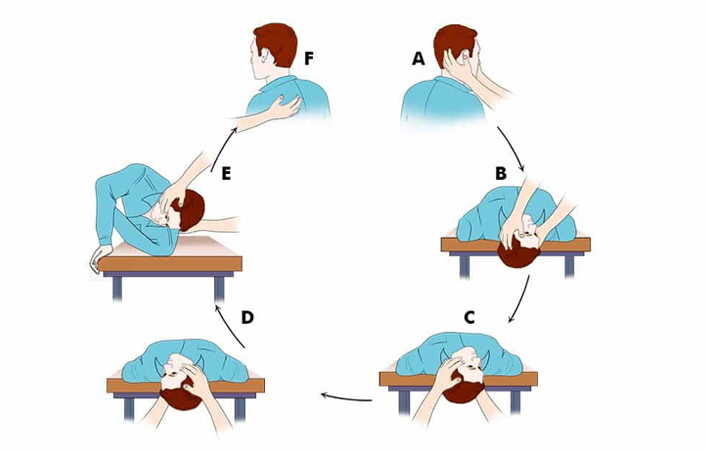
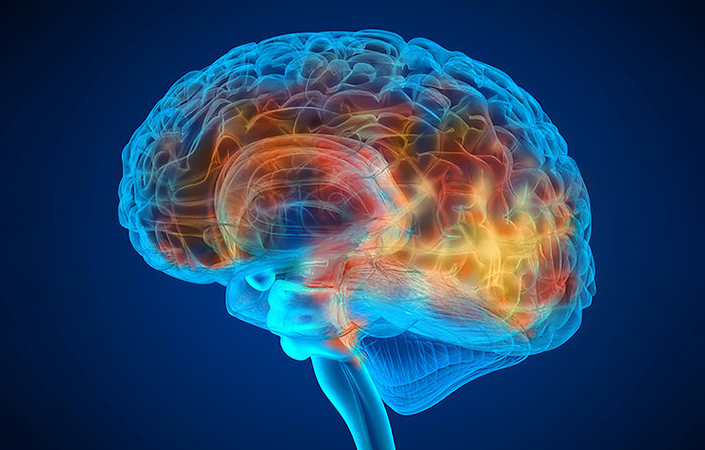

.jpg)
